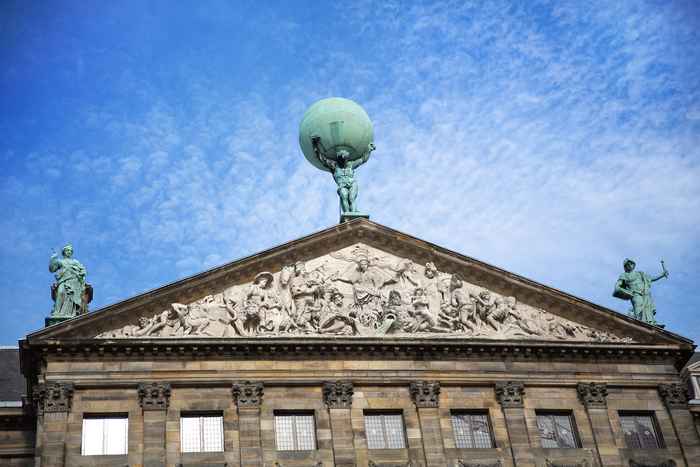Call for Papers - Urban Lives: Amsterdam Diaries and Other Stories of the Self
25 January 2023

Amsterdam life stories
We are in particular focusing on Amsterdam-based self-narratives across the centuries, told by ‘ordinary individuals’, such as diaries and memoirs. We want to examine what it was like to live in the city, to study, work and go out, engage with other people, find places where one belongs (or perhaps feels excluded), and to move through its streets. Given the city´s long history of migration, the conference seeks to account for the life stories of people with diverse backgrounds in order to study, for example, how migrants have narrated their experiences in this city: how do they tell stories of the place of arrival, their first impressions, chances, challenges and restrictions of this new environment?
Through the theme of Amsterdam life stories, we will further explore the various ways in which the city is manifest in self-representations, whether as a socio-economic space, a cultural environment, a historical setting or otherwise. How do people engage with the city’s history and geography; with texts, imagery and discourses about Amsterdam; with its architecture; and with the life stories of citizens from the past, such as Rembrandt, Spinoza, Anne Frank, Anton de Kom? How does their street and neighborhood relate to forms of self-fashioning and identity-construction? And how do people narrate changes in the city, caused by war, crisis, or environmental conditions, that affect their everyday lives and life-trajectories?
It is our goal to explore the life stories which can be found in diaries, letters, memoirs, graphics, sound recordings, or stories told to relatives and researchers. Jointly, we aim to discuss what these stories (and their interpretations) can tell us about the way individuals and groups have perceived and experienced the city of Amsterdam throughout the centuries – and which modes and forms of self-expression are practiced. In that sense, we will explore how the collection of such personal stories can construct a new and diverse ‘biography’ of the city.
Possible themes
We further want to bring together experts from life writing studies and urban history. Both fields of study have gained prominence in the humanities and social sciences in recent decades, but their crossovers are still under-explored in scholarly research. It is our aim to stimulate dialogue and open
up new avenues for studying how the city shapes the self, and how life stories and self-constructions shape the city.
The conference encourages dialogues across boundaries of theory, methodology, genre, place, and time. Possible themes the speakers can focus on are:
- Coming of age in Amsterdam
- Feelings of (non-)belonging
- Places of arrival
- Intercultural encounters and connections
- Experiences of particular places, such as the harbour, Central Station, parks, and markets
- Cultural traditions and practices of self-narration (in for example Christian and Muslim cultures)
- Collective rituals and commemorations
- Visual and textual expressions of city life
- The uses of self-narratives in secondary and higher education; in museums
- Amsterdam-based scientists: their personal experiences in the city and in public debates
- Policies and practices of making the city’s collection of diaries more inclusive and diverse?
- Notions of home and home-making practices in life writing
- The potential of Digital Humanities to store and map historical information about diaries and diarists in its spatial and temporal context
- Theoretical approaches to the intersections of life writing and (urban) life narratives
- Diaries and their (lack of) references to daily urban life
- The collection of urban life narratives and issues of in- and exclusivity
The conference will feature panel sessions, a round-table session, keynote presentations, and possibly performances, a city excursion, and a museum visit.
Submission
The conference languages are English and Dutch. All presenters must submit a max. 300-word abstract and a 150-word bio. The abstract and bio may be written in English or Dutch.
Presentations which are (almost) ready to be published shortly after the conference may be selected for a volume to appear during the festivities of October 2025.
Please submit your abstract before Wednesday, 1 April 2023 using the following mail address: AmsterdamUrbanLivesConference@gmail.com
Organizing committee
Babs Boter, Vrije Universiteit Amsterdam
Barbara Henkes, Guest researcher at the University of Groningen
Ernestine Hoegen, Independent researcher
Marleen Rensen, University of Amsterdam
Leonieke Vermeer, University of Groningen